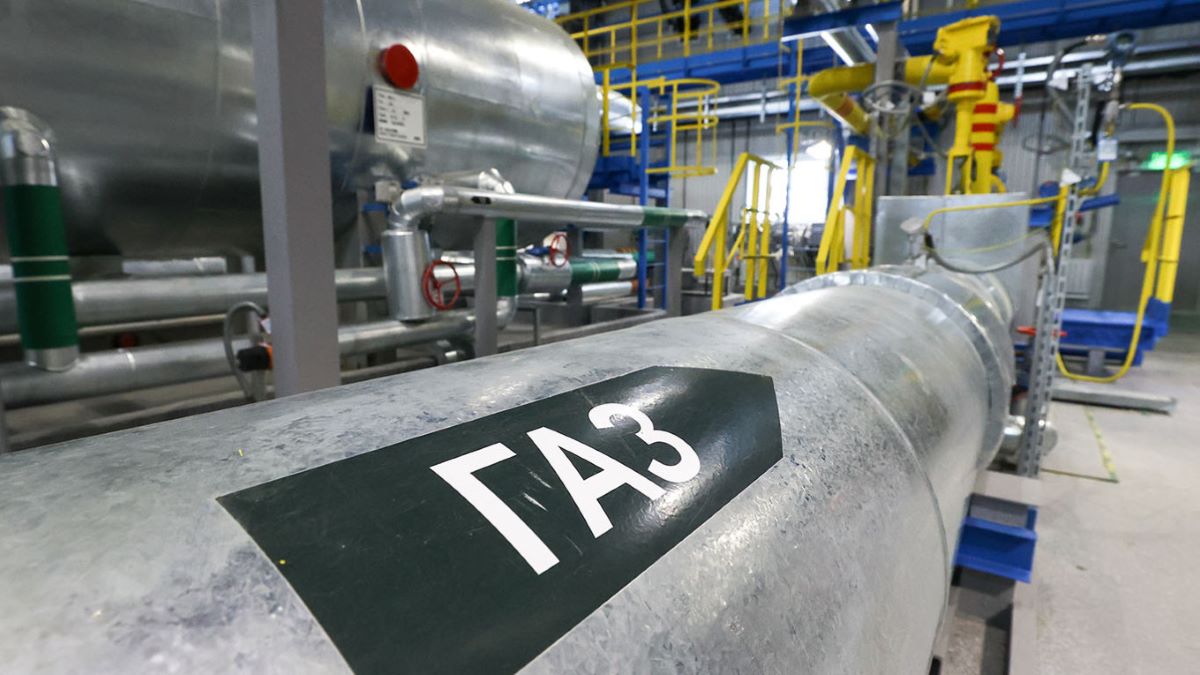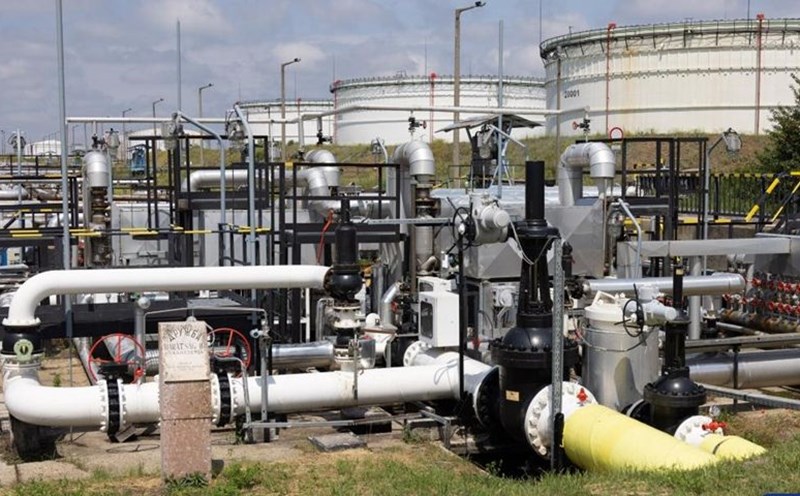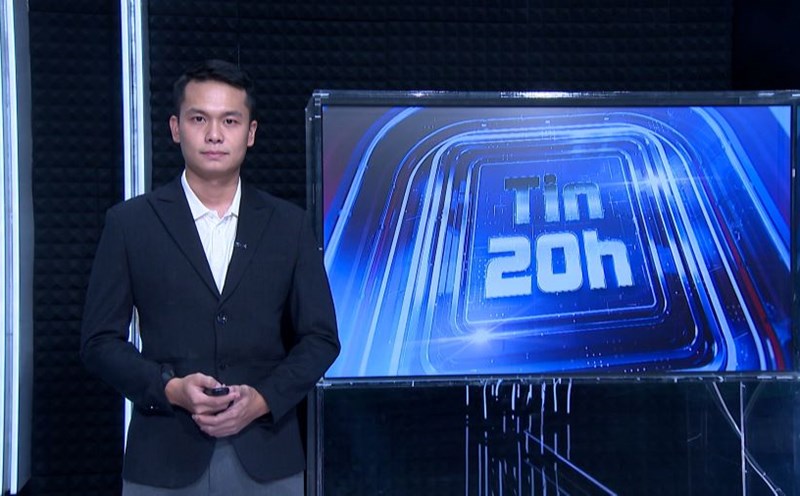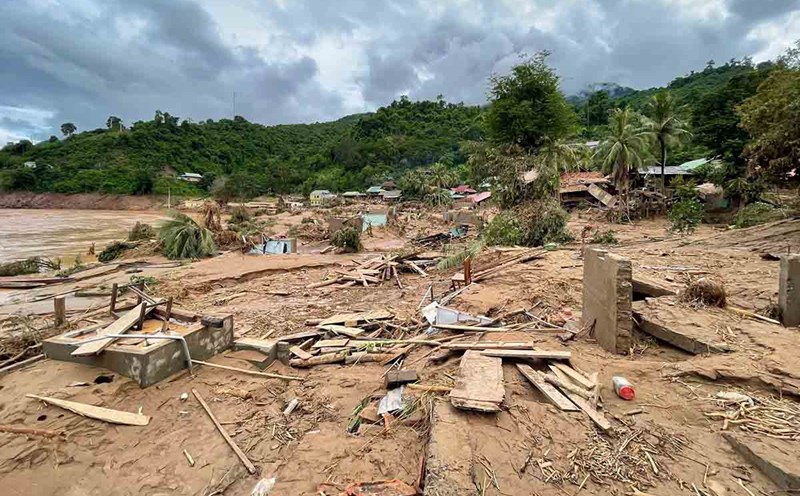On July 22, Russian Vedomosti reported that the Hague District Court (Netherlands) had issued a decision to end the asset freeze of Russian state oil and gas giant Gazprom in the North Sea.
This is considered a major turning point in the divestment plan that Gazprom launched in early 2024, with a total estimated transaction value of up to 344 million euros (equivalent to 375 million USD).
According to the court's ruling, Gazprom's continued asset freeze could violate international principles on national exemptions - the principle of protecting the assets of governments and state-owned enterprises from the impact of the judicial system in other countries.
The Netherlands has previously frozen the assets at a request from two Ukrainian asset management companies, Slavutych-Invest and Zhniva, to demand compensation for damages related to the Russia-Ukraine conflict.
However, the Hague Court believes that confiscating or interfering too deeply in the assets of a foreign state-owned company, in this case Gazprom, could violate internationalally recognized legal principles.
Immediately after the ruling, Gazprom was given the right to continue its plan to sell assets in the North Sea, including: 50% stake in Wintershall Nordzee B.V. (WINZ) - a joint venture of gas with strong operations in the North Sea region; 100% ownership of Gazprom International U.K. Limited - the company that owns the exploitation of two major gas fields, Sillimanite and wingate. Along with that is a stake in Gazprom U.K. Limited and parent company Gazprom U.S. Resources S.A.

The Dutch blockade has previously stunted all their temporary lists, putting Gazprom in a difficult position amid a series of Western sanctions.
The ruling of the Dutch court is considered by observers to be an important legal precedent, not only for Gazprom but also for many Russian state-owned corporations that are stuck abroad due to sanctions related to the Ukrainian conflict.
As Russia tries to shift its energy axis to Asia and sell its profitable assets in Europe, the ruling is like a door reopened amid sanctions.
However, investors are still cautious. Although the Dutch court lifted the blockade, other legal risks could still lurk for Gazprom if the plaintiffs continue to pursue the case at higher levels or international court.
Gazprom officials have not yet made an official comment, but according to sources familiar with the matter, the group will quickly restart the process of selling assets before further unfavorable legal action from Ukraine and the West.
In recent years, Gazprom has not considered the Western European market as a strategic "backyard", especially when gas pipelines such as Nord Stream have been destroyed or disabled. The Russian corporation is stepping its shift to China, India and developing markets. Therefore, withdrawing from gas fields in the North Sea is also part of a restructuring strategy for investment portfolios and avoiding long-term, value-less freezing assets.











